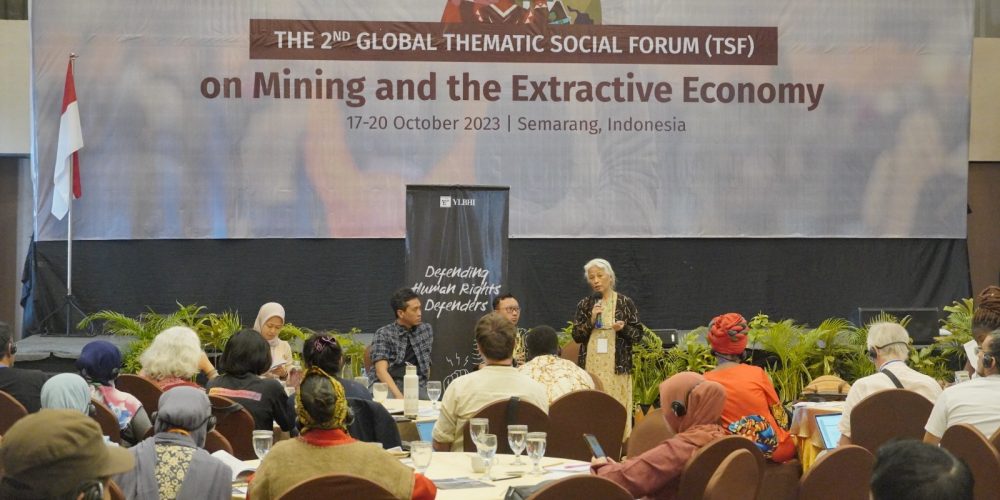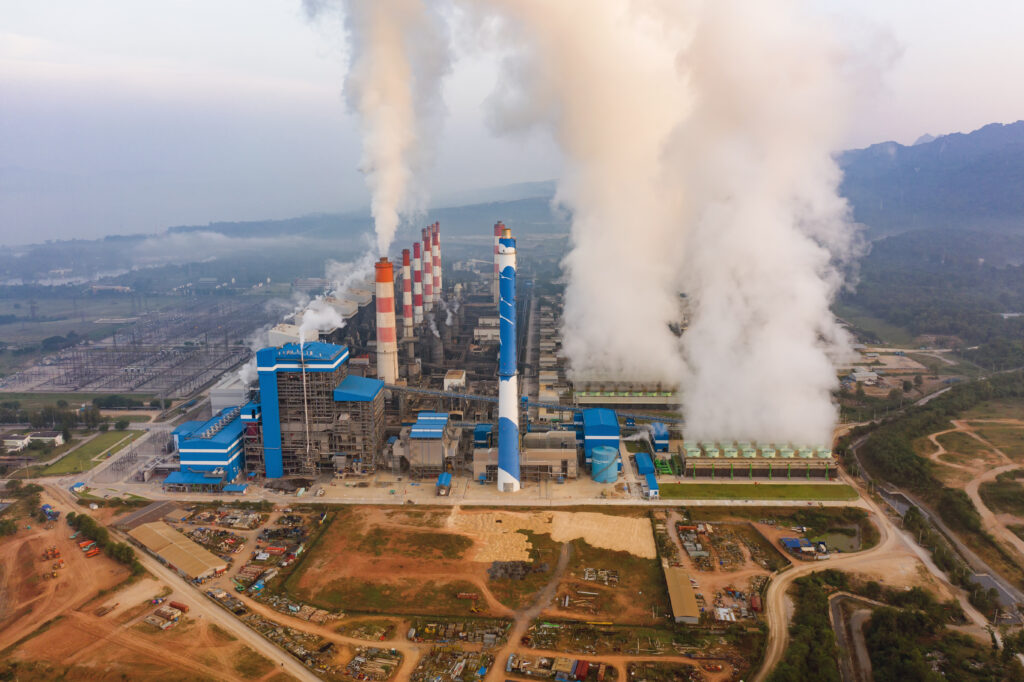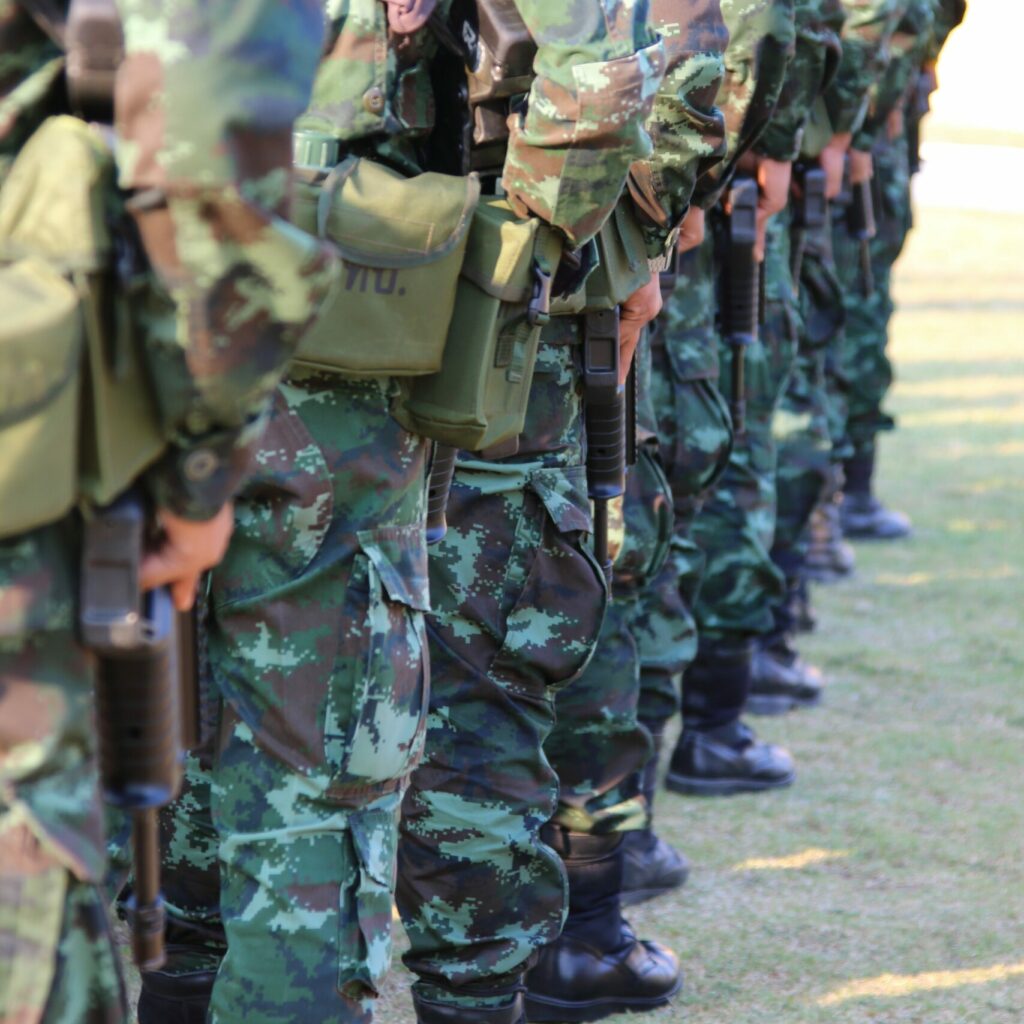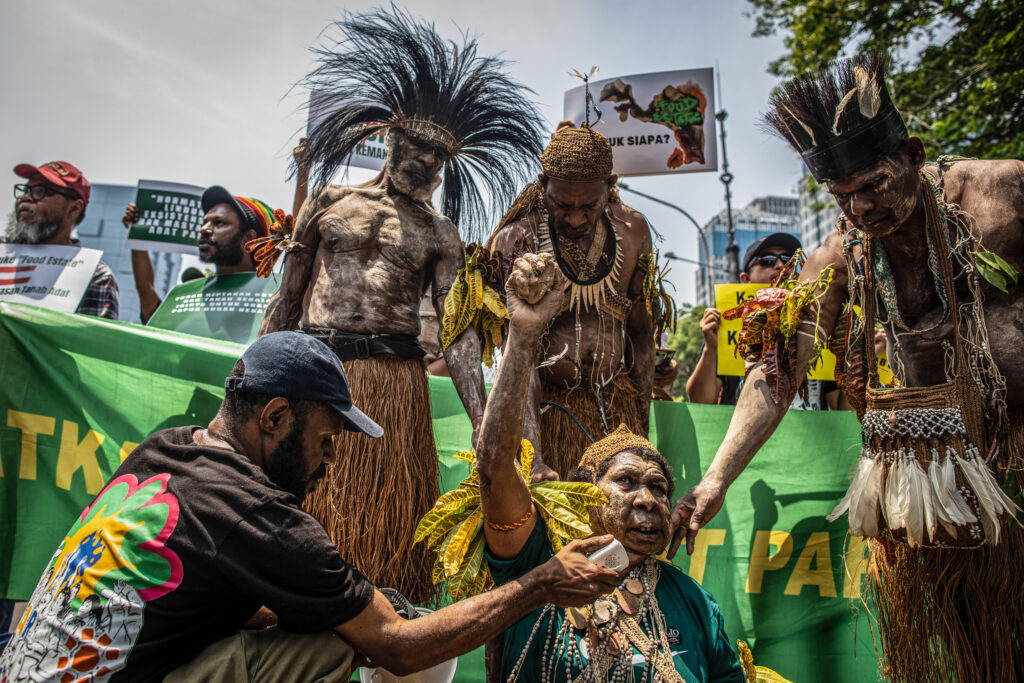The 2nd Global Thematic Social Forum on Mining and the Extractive Economy (TSF-Mining) 2023 was held on 17-20 October 2023, in Semarang. During TSF, more than 300 environmental human rights defenders,indigenous people, and local communities from all over Asia, Africa, Oceania, Latin America, Middle East, North America, and Europe gathered under the big thematic forum of “The Rights to Say No!” and the “Nexus of Climate Justice, Just Transition and Extractives” which embraced knowledge systems and alternatives in building a world beyond mining and extractives. TSF is a 4-days event with discussion in plenary and thematic workshops sessions with these following themes: Rights to Say No Global Campaign; Global Campaign on Transition Minerals; Ecofeminism vs Extractivism; Defending EHRDs/WHRDs; Overcoming Labour vs Community Tensions; and etc.
YLBHI gathered speakers and held two workshop sessions under the theme of “Defending EHRDs/WHRDs” on October 18, 2023. We believe that the criminalisation of human rights defenders happens all over the world. From coal plants to palm oil plantations, economic activities that threaten the planet are concentrated in communities with less power and wealth—in high- and low-income countries alike. The steep imbalance of power between governments and businesses on one hand, and the communities in sacrifice zones on the other, means those communities have little say in the destruction of land and resources that they rely on, with dire consequences for the planet. When those communities do speak up, they often face harassment, threats, and killings. Ensuring that marginalized communities are able to have autonomy over the land that they own and use is central to preventing further environmental harm and fostering climate solutions. But, their struggle is always at risk. The criminalisation of human rights defenders, restriction of civil society movements, violence against activists, internet restriction during movements, even restriction of activist’ gatherings are usually the pattern or scheme that the governments use to restrict the civil society with no exception of Environmental Human Rights Defenders.
The workshop we held aims 1) to understand more about the situation of the criminalisation of environmental human rights defenders around the world, 2) to build solidarity in combating the criminalisation of HRDs, 3) to share updated issues from each country and 4) Listing down possible cross border solutions or mobilisations
There are four speakers for the first workshop session, which are: YLBHI, Bersihkan Indonesia, Forum Asia, and Agnes, WHRD’s from India. The first workshop session focused more on the situation of Human Rights Defenders and finding the patterns of the criminalisation of HRDs. Approximately more than 60 people joined the first session of the workshop. The participants were excited to know more about how YLBHI responded to criminalisation and attacks towards the Human Rights Defenders. A lot of participants shared their experience on how to handle the same situation, and also the situation of EHRDs in their respective country. In the second session of the workshop, there are two speakers as a starter to our discussion, which are Sarah from FrontLine Defenders and Felipe from Movement LawLab. Both speakers shared their thoughts on the most effective mechanisms to build solidarities in each country/organisation.
The participants of the workshop agree to some points that we thought are best for defending human rights defenders cross-borderly, which are:
- Solidarity between community and activist;
- People Power to show the community power;
- Organizing community
- Regulation on HRDs
- Counter Narrative on Hoaxes
- Protection Mechanism
- Urgent assistance/emergency fund
- Community based assistance
- Sharing Knowledge
After the workshop, the recommendation which includes providing cross-border legal assistance, solidarity, and campaign has been successfully implemented in the action plan of TSF.




